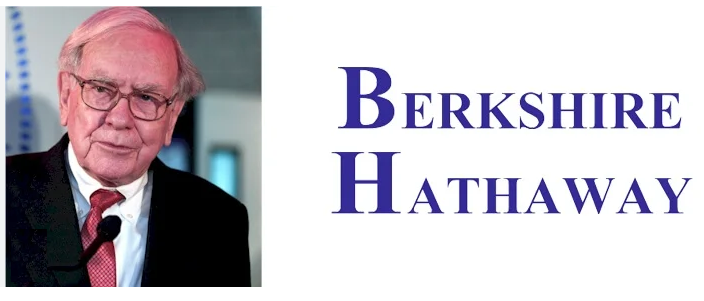
Warren Buffett Blows It on Climate Change
From The Des Moines Register, May 28, 2023
Earlier this month, I joined 40,000 others for the Berkshire Hathaway shareholders’ meeting in Omaha — popularly known as “The Woodstock of Capitalism.” People flocked to the sprawling Berkshire Bazaar of Bargains — to get discounts on everything from See’s Candy to Yeti mugs to Purple mattresses, to step into a private NetJet, and to tour a complete manufactured home that had been installed on the convention floor.
But the real focus of the event was the longtime head of Berkshire, Warren Buffett — perennially one of the richest people on the planet — and his chief lieutenant, Charlie Munger. Buffett, often called the Oracle of Omaha for his phenomenal success in piloting Berkshire, is 92, and Munger is 99. The two defied all expectations of age-related decline, as they held the stage for hours, adeptly fielding questions from the audience. The pair were clear, focused, often charming — and, especially in Munger’s case, acerbically funny.
And yet, despite their wisdom and charm, I left the meeting massively disappointed.
One of the people with whom I attended was 17-year-old Hannah Hayes of Des Moines, who was among those chosen to ask Buffett a question. (Berkshire chooses questioners by lottery, and Hannah was one of the lucky ones.) Deeply alarmed by the dangers we face from our rapidly changing climate, she pointedly asked that Berkshire accelerate the retirement of the five Iowa coal plants run by its subsidiary MidAmerican Energy. Hannah pointed out that these plants are enormous sources of greenhouse gas emissions and other harmful pollutants, and said it is past time to replace them with a proper mix of solar, battery storage, and wind.
Sadly, Buffett completely sidestepped Hannah’s question — the most important one of the day, given the critical threats posed by climate change. Instead of addressing the documented dangers of coal and fossil fuels, Buffett devoted his answer to extolling MidAmerican’s production of wind energy, and claiming that Berkshire is therefore a leader in renewable energy. Given the seriousness of the crisis we face, being “a leader” in Buffett’s sense is simply not good enough. A true leader faces up to those things that will cause human society irreparable harm, and takes the boldest of actions to avert those growing dangers. Instead, Buffett refused to face the brunt of Hannah’s question, focusing instead on self-congratulations.
It goes without saying that Buffett’s company exists to maximize profits for shareholders. But isn’t there a point where a corporation and its investors have amassed so much wealth that they should be able to recognize that there are other goals besides money that desperately need to be pursued?
Our notion of “success” needs to be expanded to include a heightened responsibility for the ongoing safety and well-being of humanity — especially for our children and grandchildren. We must stop cordoning off financial success as the singular and ultimate achievement, and embrace our wider responsibilities to address the perils that so clearly endanger our future.
